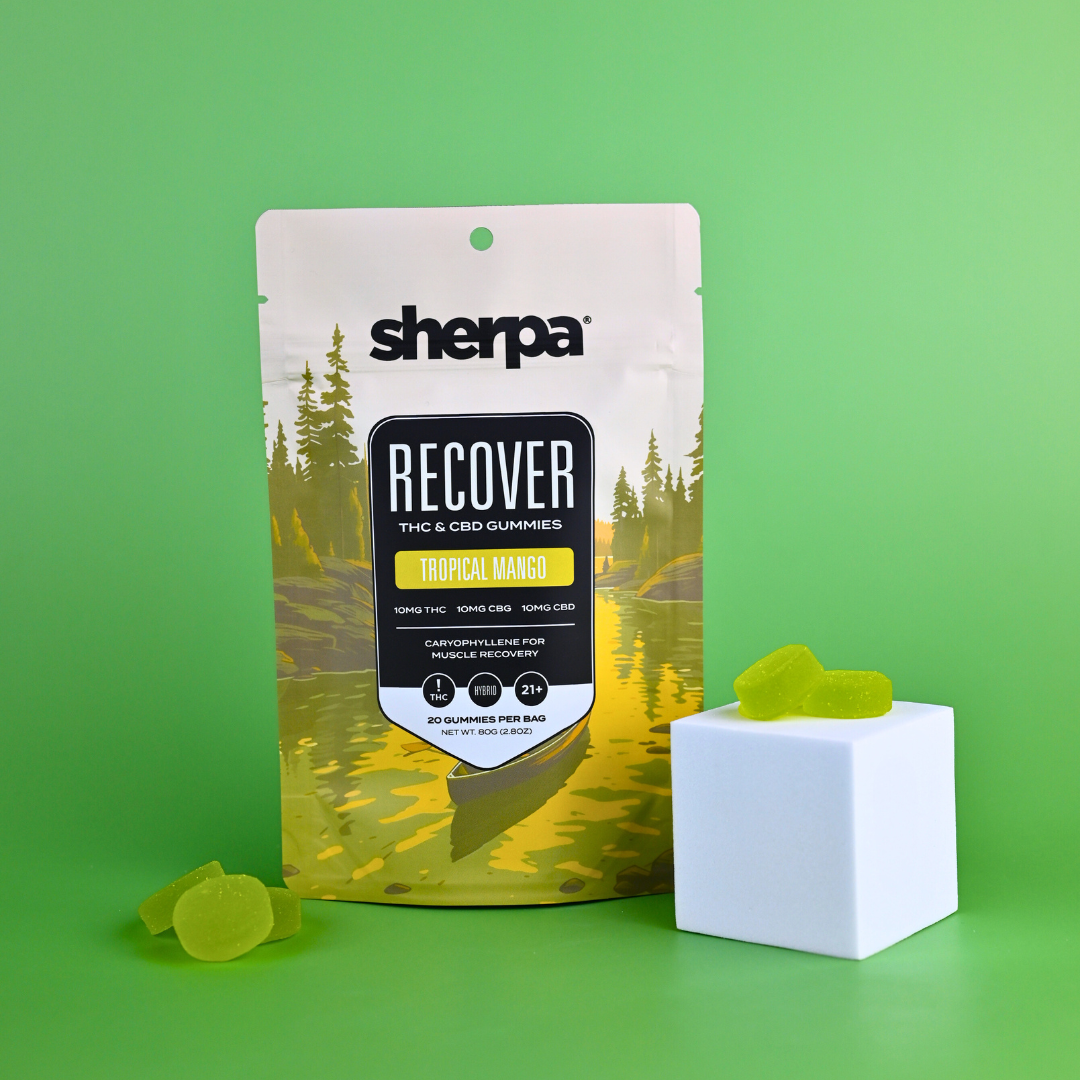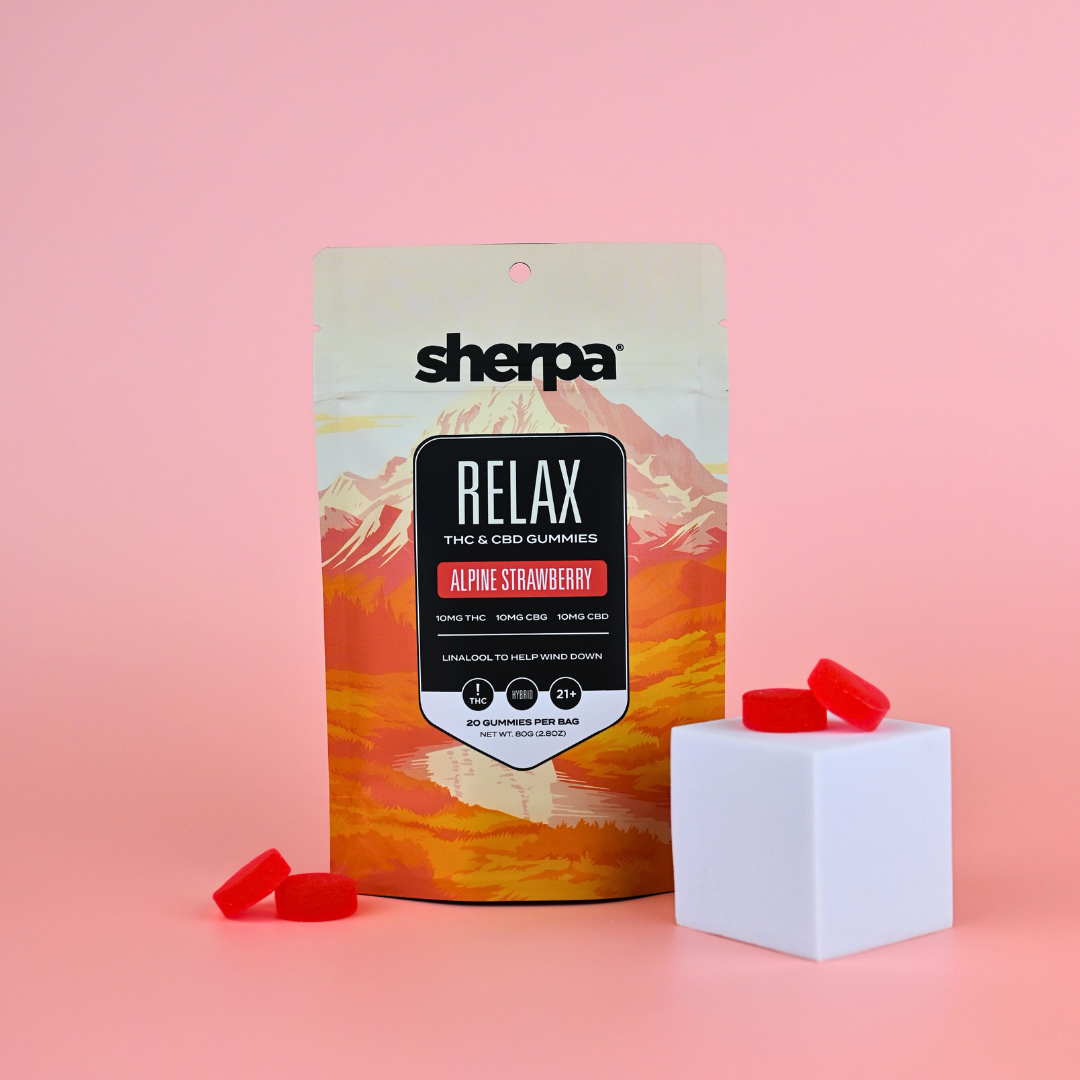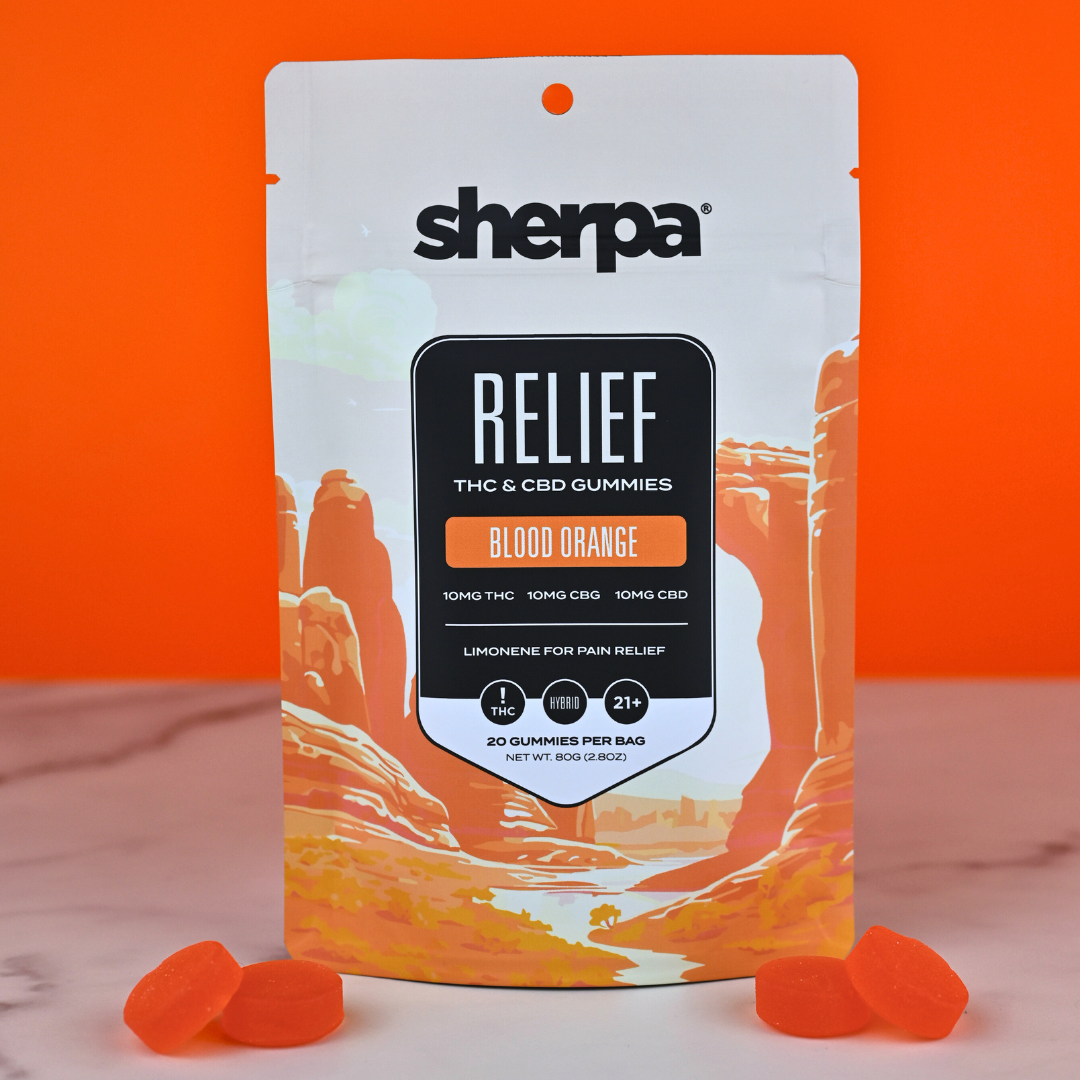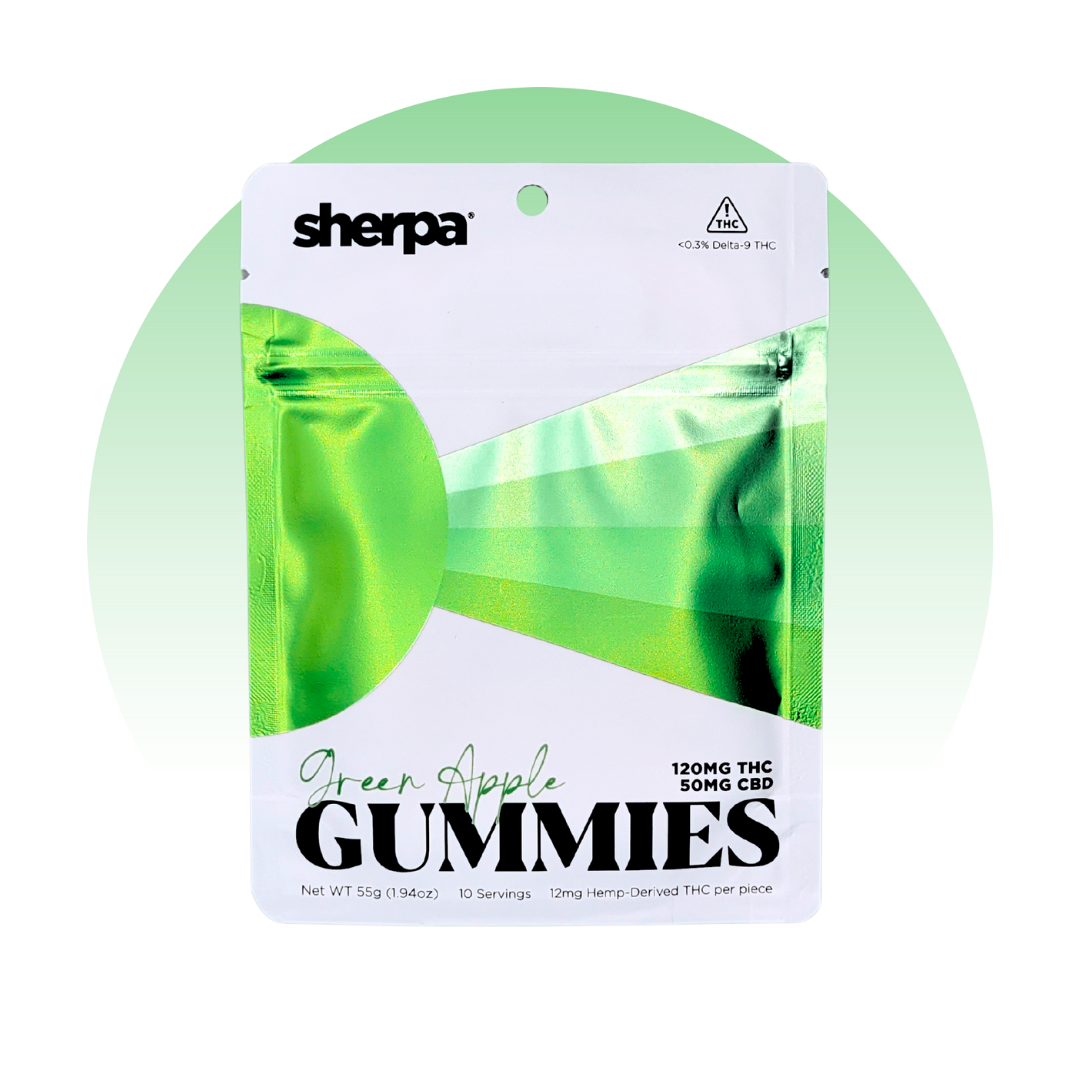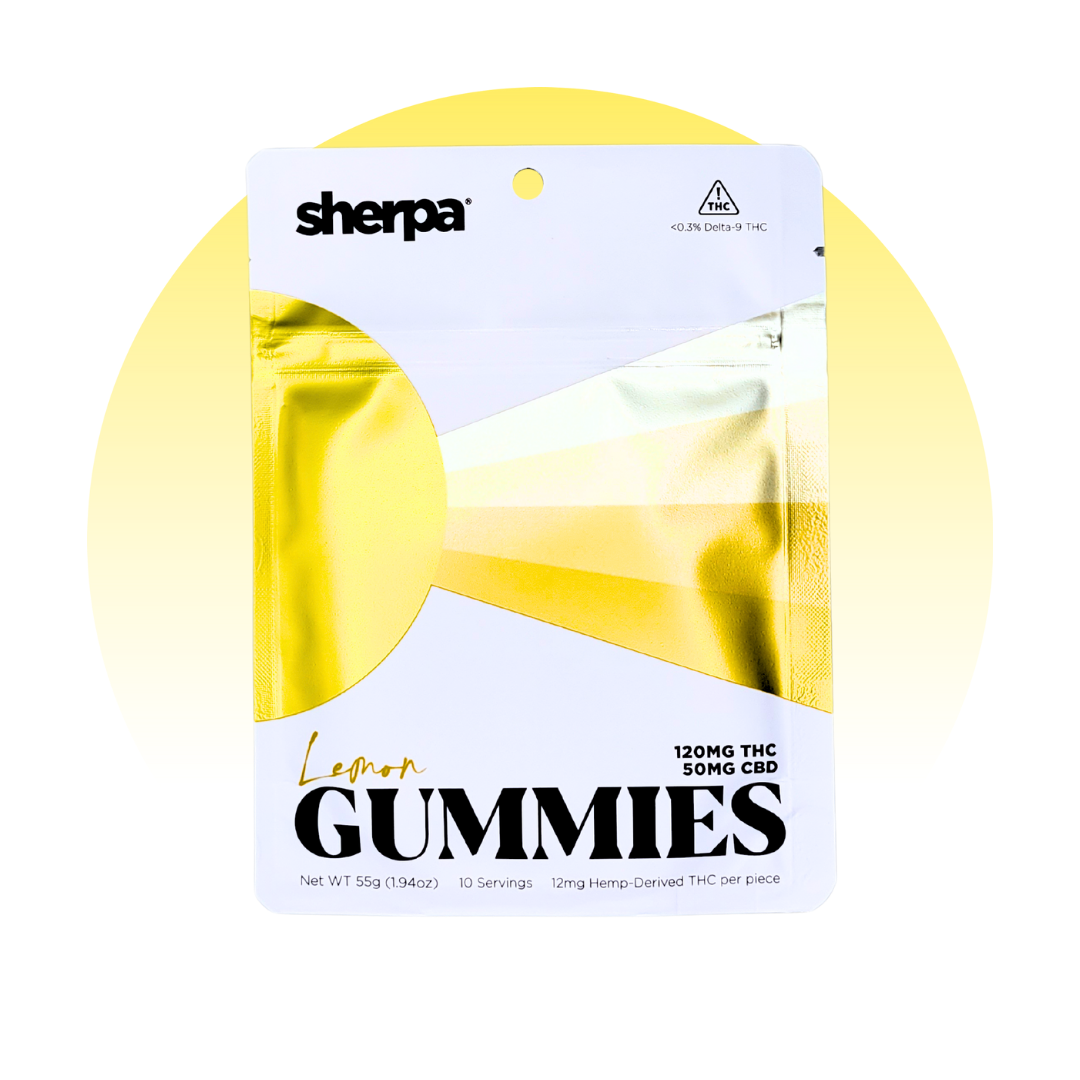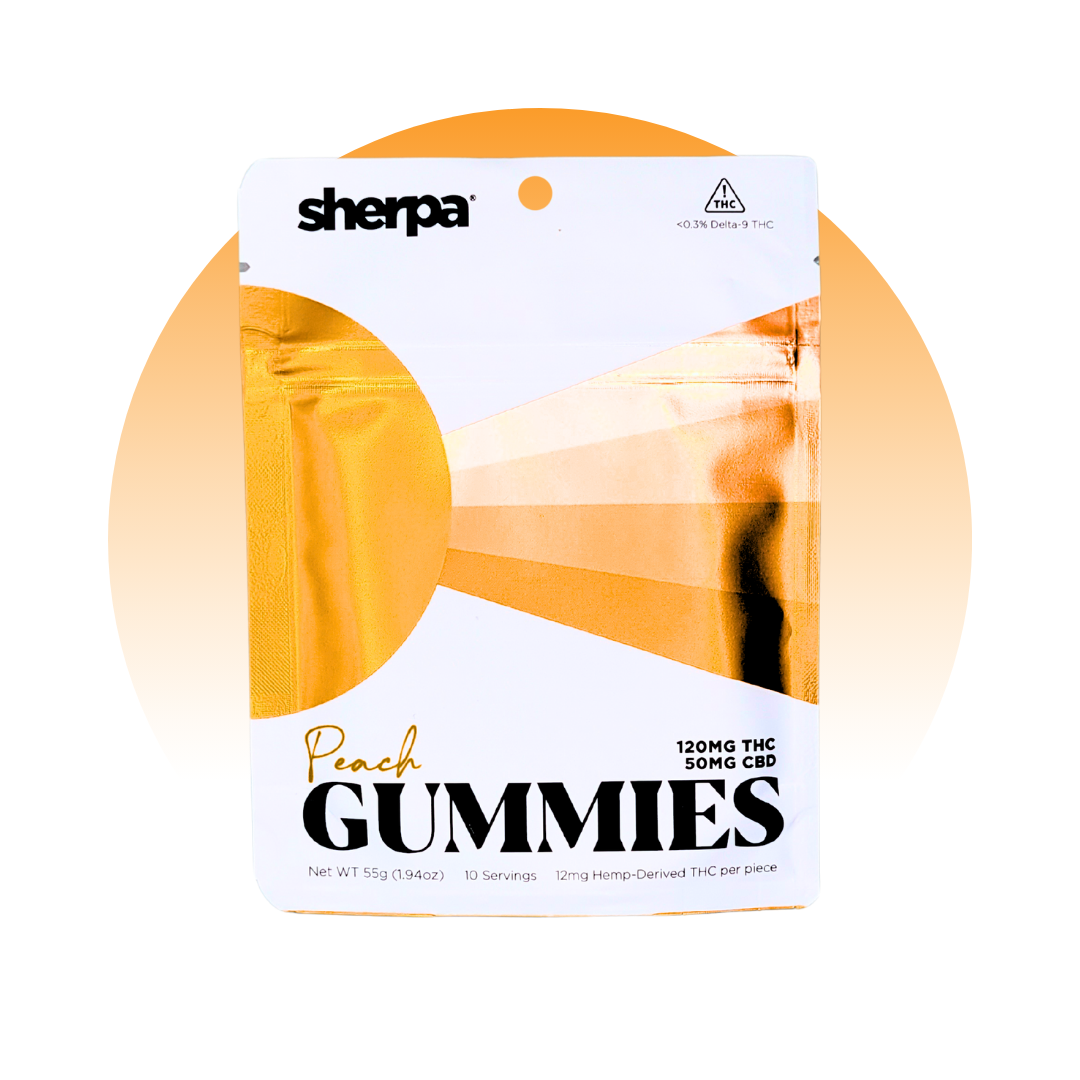
Our Blog
Do Cannabis Edibles Need to Be Refrigerated?
Do Cannabis Edibles Need to Be Refrigerated?
If you've ever ventured into the world of cannabis edibles, you're well aware of the sheer number of options you have. From delicious gummies and brownies to infused chocolates and beverages, the edible market is constantly expanding. But once you've snagged your favorite cannabis-infused treats, you might wonder how you store them properly to keep 'em fresh, potent, and safe.
Don't worry. We love talking about the ins and outs of storing cannabis edibles. So let's explore if they need to be refrigerated, if they can live happily in your pantry, and what the best ways are to ensure they retain their potency and flavor.
Why Storage Matters
You wouldn't store milk in the pantry — well, hopefully, anyway — and you wouldn't leave your chocolate out in the blazing sun. Similarly, cannabis edibles need special care to stay fresh, maintain potency, and be safe to consume. Storing edibles properly isn't just about preventing them from spoiling; it's about preserving the active cannabinoids — likely THC and CBD — that make your experience enjoyable in the first place.
Improper storage can lead to a variety of problems. For one, exposure to heat, light, and air can degrade the cannabinoids over time, meaning you may not get the full effects of your edibles. Similarly, certain edibles are more susceptible to spoilage due to the ingredients they contain.
Let's start with the basics.
The Basics of Edible Storage: Heat, Light, and Air
When it comes to storing cannabis edibles, three factors stand out above the rest: heat, light, and air. These elements will degrade your edibles over time, making them less potent, less flavorful, and less safe to eat. Let's break it down:
Heat
Cannabinoids are sensitive to heat. When exposed to high temperatures, THC and CBD can degrade, losing their potency and overall effectiveness. High heat can also alter the texture and consistency of your edibles, turning that delicious gummy into a sad little blob.
Edibles with higher fat content, like butter-based baked goods, are especially sensitive to heat, as fats can go rancid more quickly. Storing these types of edibles in the fridge or freezer is often a good idea, particularly if you're not planning on consuming them right away.
Light
Cannabis is notorious for its sensitivity to light. Ultraviolet light, in particular, can cause cannabinoids to break down, leading to a loss of potency. That means leaving your edibles out on a sunny windowsill could be a fast track to diminished effects. That's why it's best to keep your edibles in opaque containers that shield them from direct sunlight. Dark, cool spaces are ideal for preserving both the flavor and potency of your treats.
Air
Exposure to air, particularly the oxygen in the air, can cause edibles to dry out or become stale. It can also cause a slow degradation of cannabinoids. While brief exposure to air won't ruin your edibles, long-term storage in an environment with excessive air flow can lead to dry, brittle edibles that no longer pack the punch they once did.
That's why airtight containers or vacuum-sealed bags are your best bet. By limiting exposure to air, you can maintain the edibles' texture and potency for much longer.
Do Edibles Need to Be Refrigerated?
Now, let's get to the big question — do cannabis edibles actually need to be refrigerated? The answer depends on the type of edible, its ingredients, and how long you plan to store it. Here's a breakdown of what to consider when deciding whether or not to chill your cannabis edibles:
When You Should Refrigerate Edibles
Some edibles absolutely need to be refrigerated, especially those that are perishable or made with ingredients that spoil quickly. That would be:
- Baked Goods: If you've got cannabis-infused brownies, cookies, or other baked goods, these often contain butter, cream, or other perishable ingredients. Storing them in the fridge helps to keep the fats from going rancid and helps maintain the chewy texture of baked goods like brownies. If you're not planning to eat them within a few days, refrigeration can extend their shelf life significantly.
- Candies and Chocolates: While you don't have to refrigerate chocolates or gummies, you might want to, particularly if you live in a warm area. Heat can melt these edibles, turning them into a gooey mess, and keeping them in the fridge helps them retain their shape and texture.
- Edibles with Dairy or Other Perishable Ingredients: Edibles that contain dairy products, eggs, or fresh fruit fillings — like in cakes, pastries, or certain chocolates — should definitely be stored in the refrigerator. The risk of mold or bacterial growth increases when dairy and moisture are involved, so chilling them helps prevent spoilage.
When You Don't Need to Refrigerate Edibles
On the flip side, there are plenty of edibles that will be perfectly happy outside the fridge without suffering any ill effects. These include:
- Cannabis Gummies: Most cannabis gummies are made with gelatin or pectin and don't contain any dairy or other perishable ingredients. These can usually be stored in an airtight container in a cool, dark place (like a pantry or cupboard). Just make sure the temperature doesn't get too high — they don't really like heat.
- Hard Candies and Caramels: Similar to gummies, hard candies and caramels typically don't require refrigeration. These sweets are usually shelf-stable and can be kept at room temperature, provided they're stored in a dry place away from direct sunlight and heat.
- Crispy Snacks and Chips: If you're snacking on cannabis-infused chips or other crispy products, these typically don't need refrigeration either. Just store them in a sealed container to keep them fresh and crunchy.
Long-Term Storage: Freezing Cannabis Edibles
If you've got a stash of cannabis edibles you don't plan to eat anytime soon, freezing them might be your best option. Freezing helps extend the shelf life of most edibles without compromising their potency or flavor, and it also prevents the risk of mold or bacterial growth that can happen when you let things sit for a while.
Here are some tips for freezing cannabis edibles:
- Airtight Packaging: Make sure your edibles are wrapped tightly in airtight packaging like vacuum-sealed bags or freezer-safe containers. This prevents freezer burn and protects them from moisture.
- Portion Control: If you're freezing edibles in batches, consider portioning them out into smaller, individual servings before freezing. This way, you can take out just what you need without thawing the whole thing.
- Thawing: When you're ready to eat your edibles, allow them to thaw at room temperature for the best texture. Don't microwave them if you want to preserve their original consistency — gentle thawing is key to keeping them delicious.
Best Practices for Storing Cannabis Edibles
Aside from refrigeration and freezing, there are a few general storage best practices you should keep in mind when it comes to your cannabis-infused edibles:
Use Opaque Containers
As we mentioned earlier, light is a major factor in cannabinoid degradation. Use dark or opaque containers to protect your edibles from UV rays, ensuring that their potency and flavor stay intact for as long as possible.
Keep Away from Humidity
Humidity can wreak havoc on edibles, causing them to mold, degrade, or become soggy. Make sure your storage space is dry and cool, away from any high-moisture areas like kitchens or bathrooms.
Check Expiration Dates
Just like any other food product, cannabis edibles have a shelf life. Be sure to check the expiration dates, especially if you're storing pre-packaged edibles. Even though cannabis can remain potent for months or even years under ideal conditions, certain ingredients like chocolate or fruit may not.
Avoid Storing Near Strong Smells
Cannabis edibles can easily absorb strong odors from other food items. For example, if you store them next to onions or garlic, your gummies might end up tasting more like a savory snack than a sweet treat. Keep your edibles in a neutral-smelling space to preserve their flavor.
And while we're talking about best practices, let's talk about keeping your edibles safe from children — furry or otherwise.
Tips on Store Edibles in a Home with Children and Pets
As you know, cannabis-infused products — particularly gummies, chocolates, or baked goods — can look tempting to kids and pets. They may even closely resemble regular candy or snacks. There are a few precautions you can take to prevent accidental consumption.
Use Childproof Containers
Always store your edibles in childproof containers. Many cannabis companies sell products with child-resistant packaging, which can be a huge help. These containers typically feature a secure locking mechanism or twist-off caps that prevent curious little hands from accessing the contents. You can also use a small lockbox or safe to store your edibles in a place that's out of reach entirely.
Keep Edibles Out of Sight and Reach
Even if your edibles are in childproof containers, you still need to keep them out of sight and in a location that children and pets can't access. High cabinets or pantry shelves that are above a child's eye level are ideal. For extra security, consider storing your edibles in a locked drawer or a storage box that you can hide away in a closet.
Educate Family Members
It's also essential to educate everyone in the household, including older children, about the risks of consuming cannabis products. Make sure they understand that cannabis edibles are not candy and should only be consumed by adults in a responsible manner.
Store in a Separate Area
To further minimize risk, you should think about storing shelf-stable cannabis edibles in a completely separate area of your kitchen or pantry from regular food, like a drawer in your bedroom. This reduces the chance of mixing them up with other snacks.
The Final Word on Proper Edible Storage
So there you have it. Everything there is to know about storing edibles! Just to recap — for most non-perishable items like gummies, chocolates, and hard candies, refrigeration isn't necessary, and storing them in a cool, dry place will suffice. But for items made with perishable ingredients, or those in hot climates, refrigeration is a smart move to keep them fresh and safe.
And for long-term storage, keep in mind that freezing can be an excellent option for extending shelf life without sacrificing potency. And whatever you do, be sure to store your edibles in airtight, opaque containers to protect them from light, heat, and air — and consider storing those containers where pets and people who shouldn't be eating edibles can't get to 'em.
If you're looking for some recommendations though, we'd suggest starting with our low-dose collection. If you're looking for specific effects — like getting energized, focusing on your work, or chilling out after a hard day — we've got edibles for you, too!